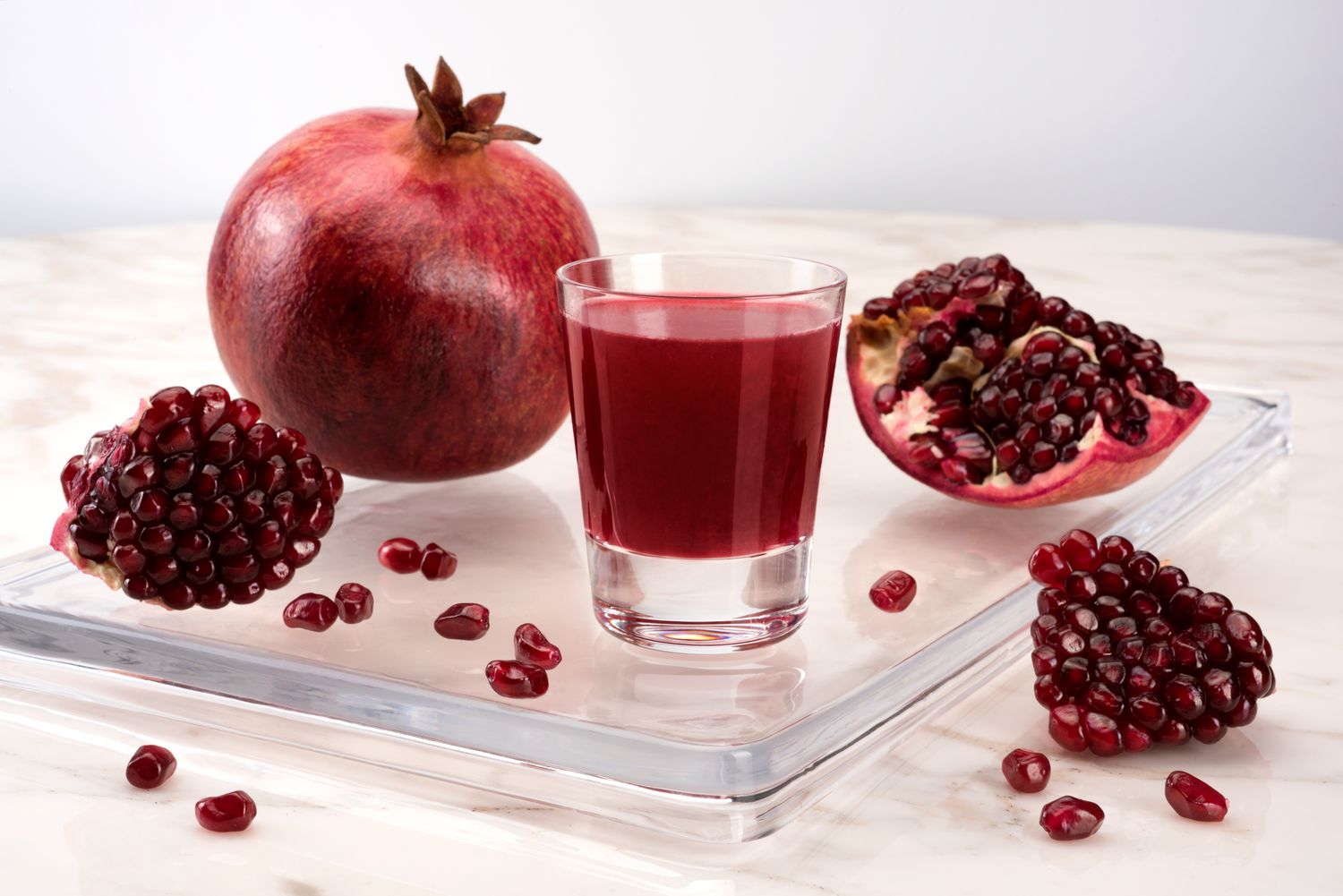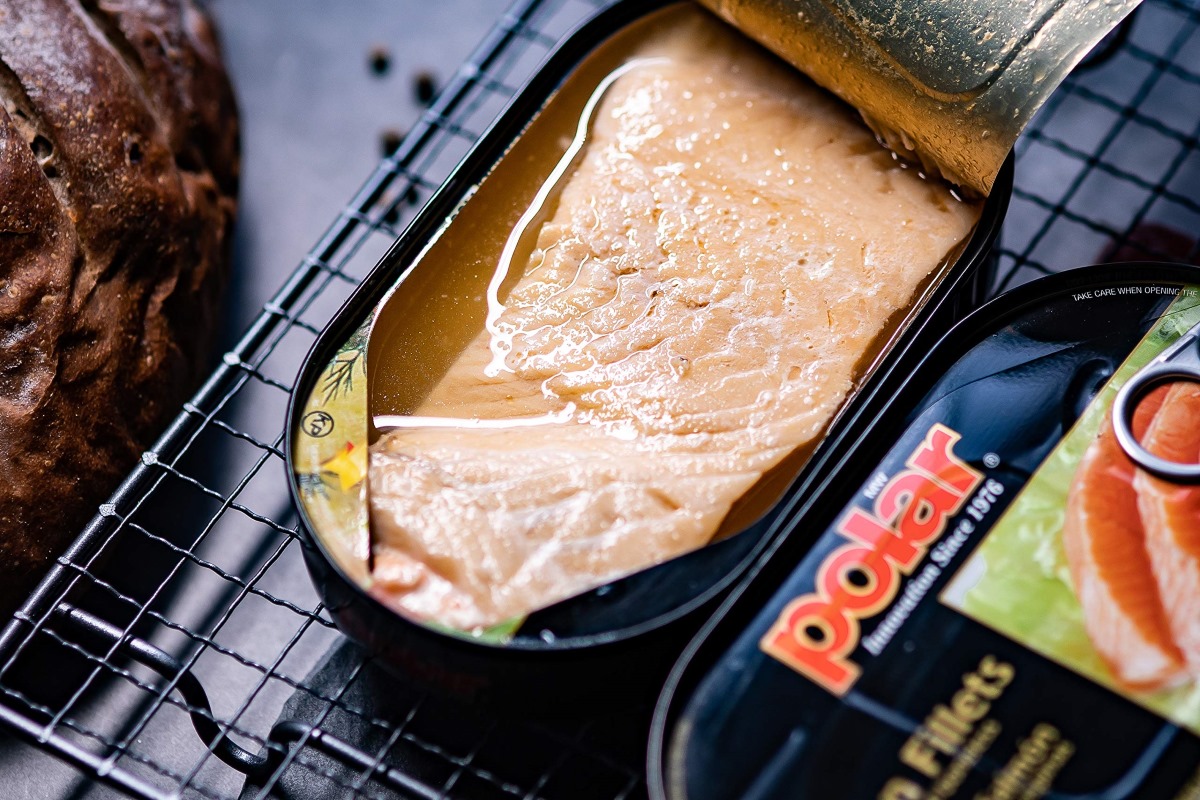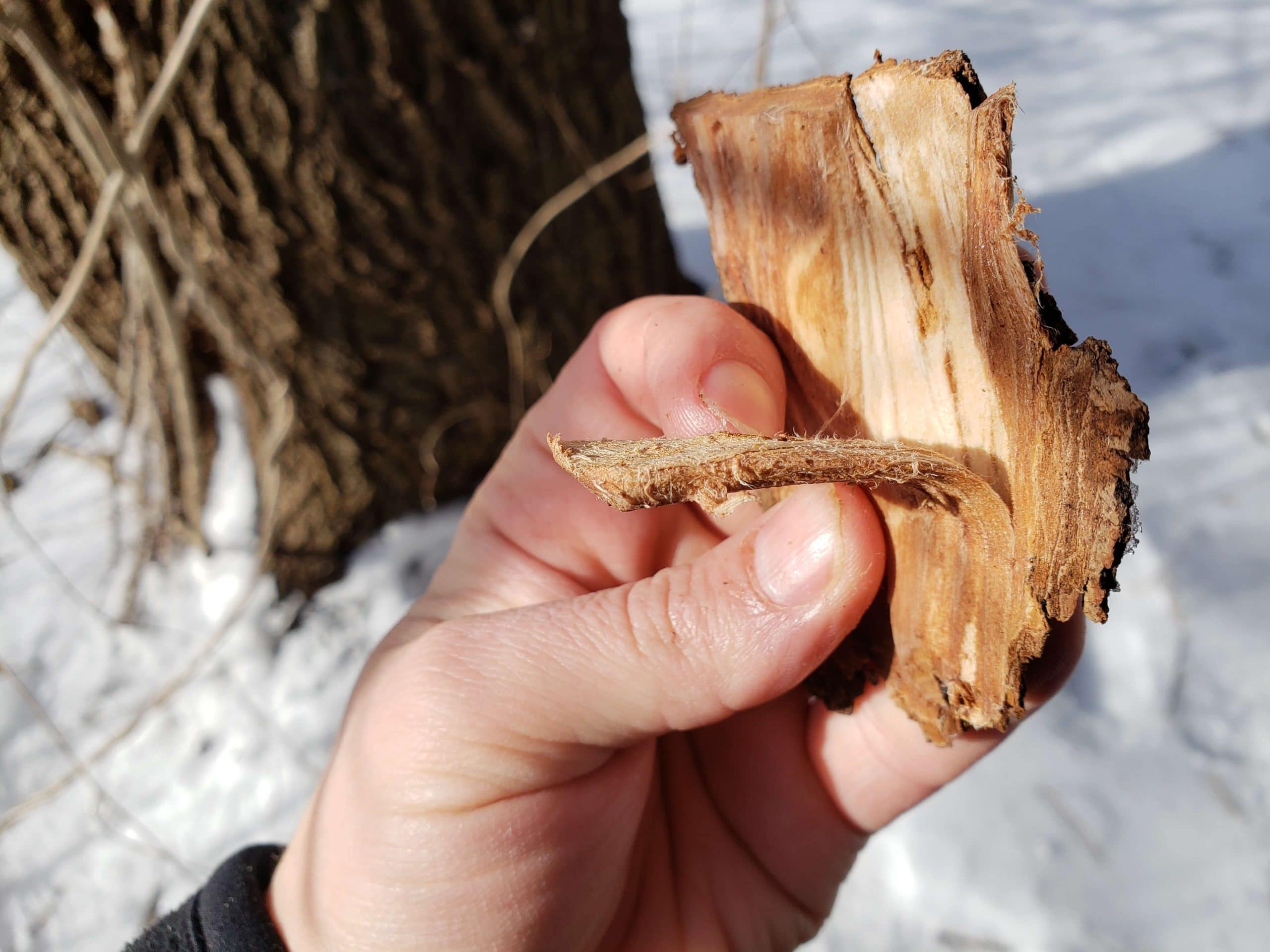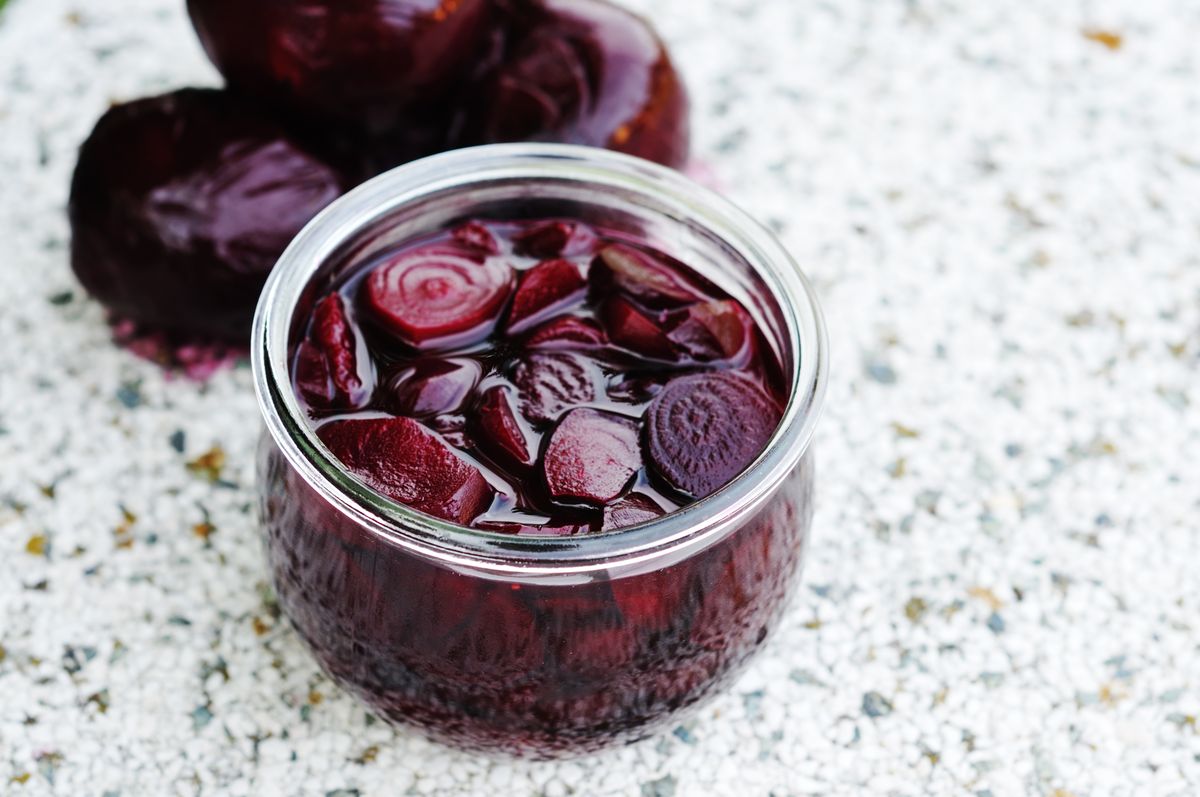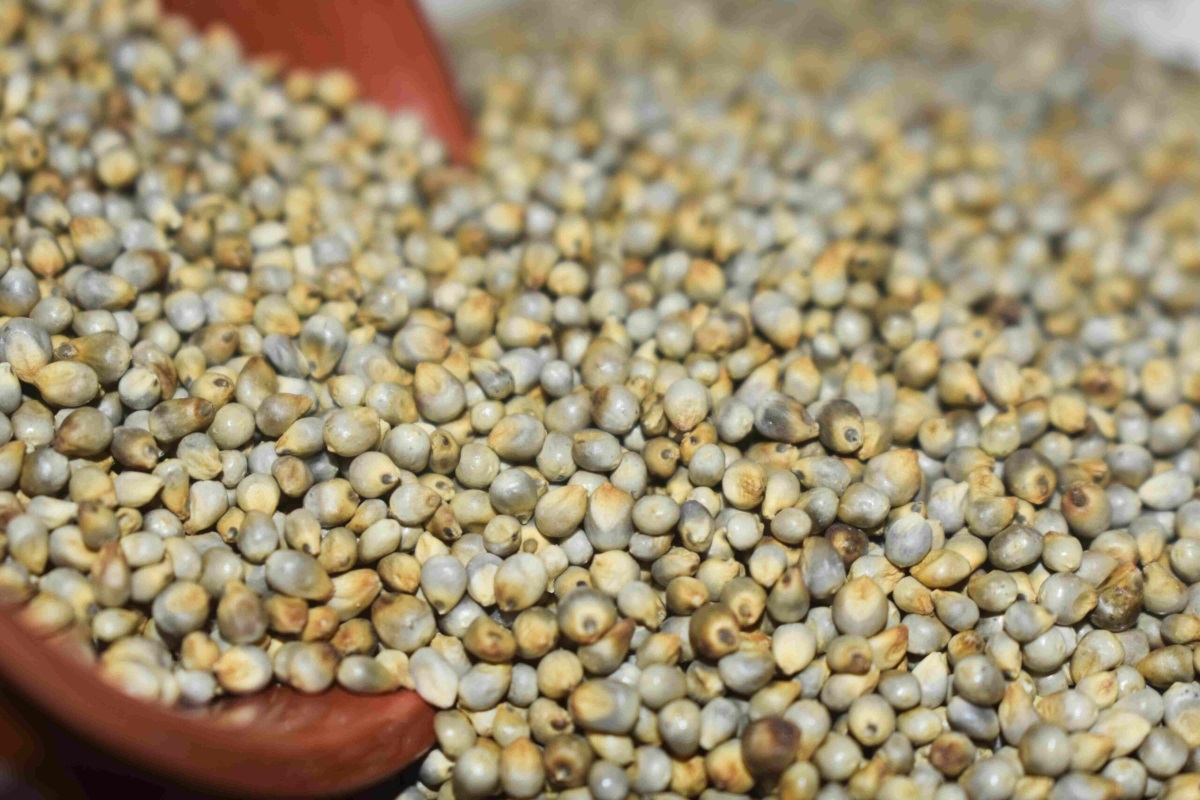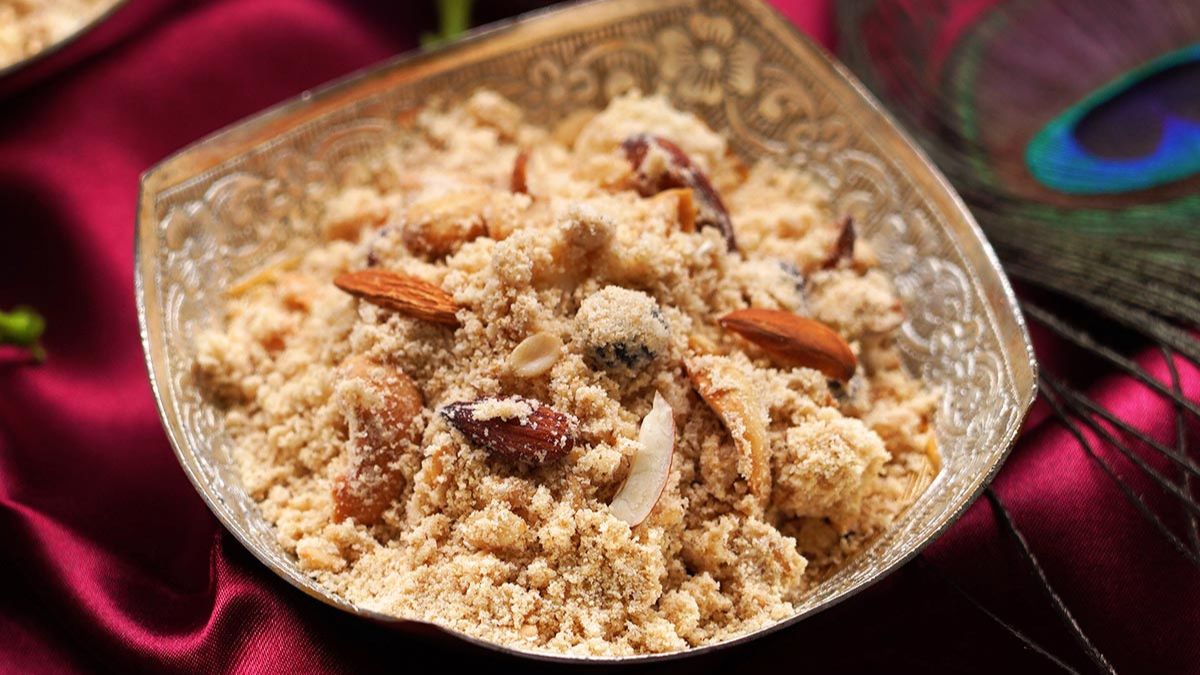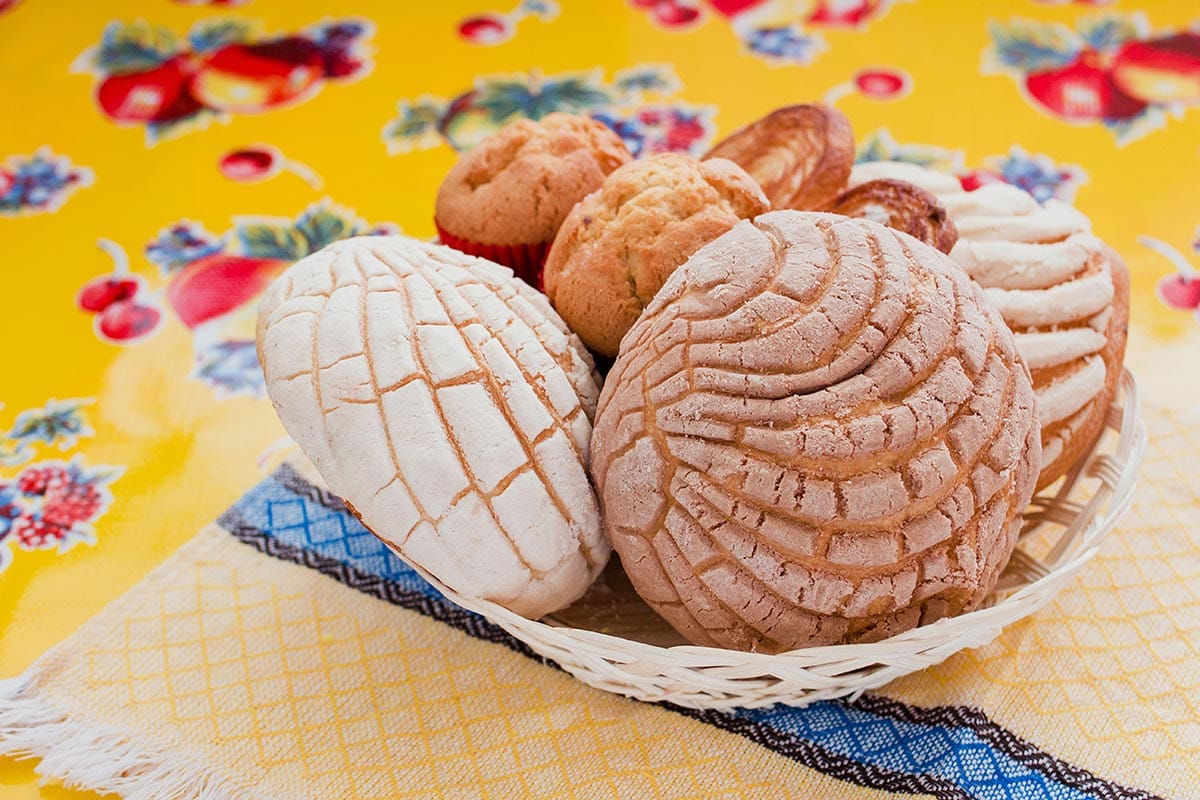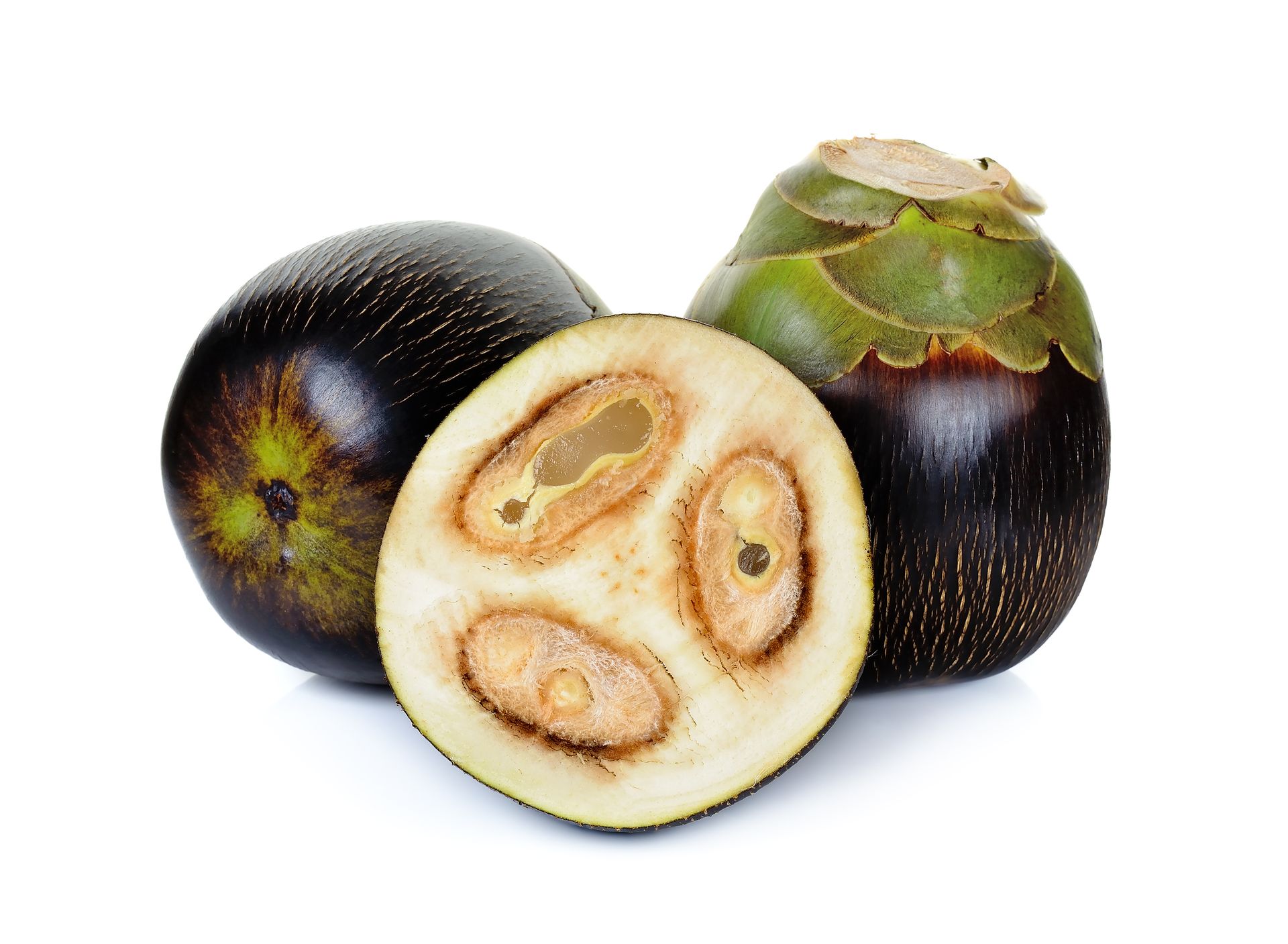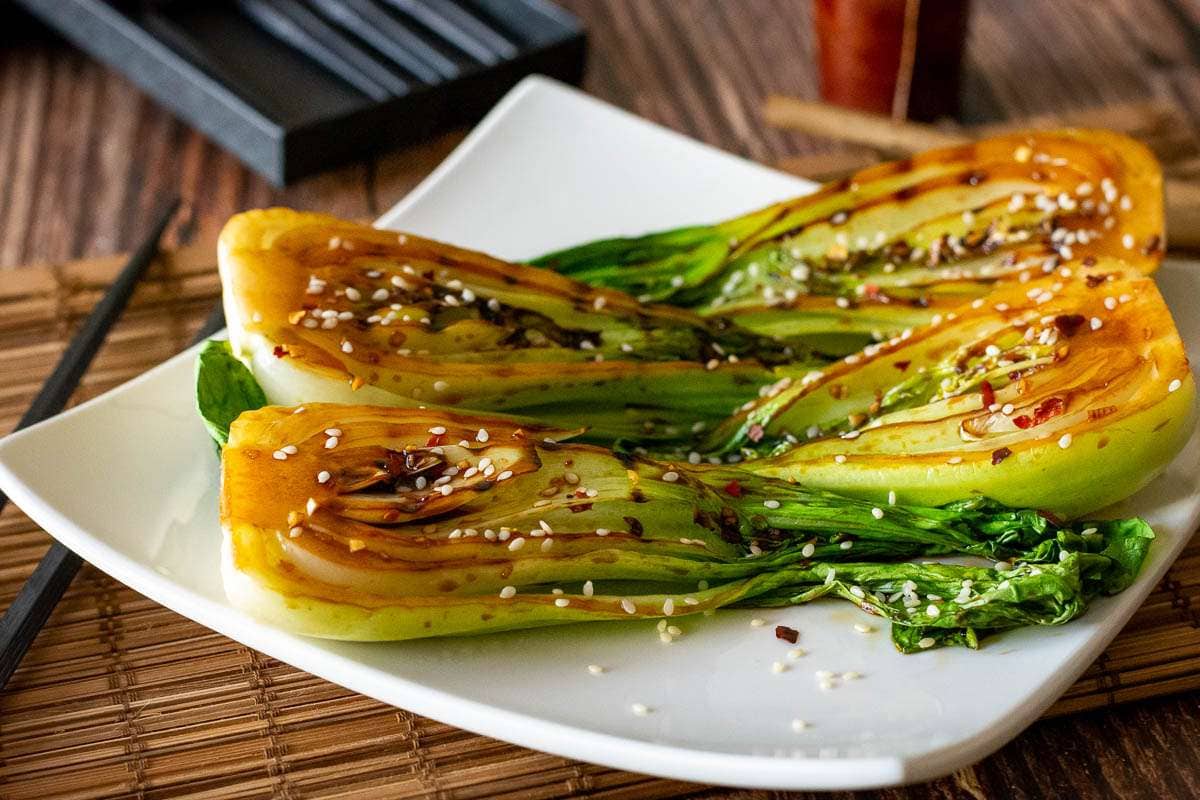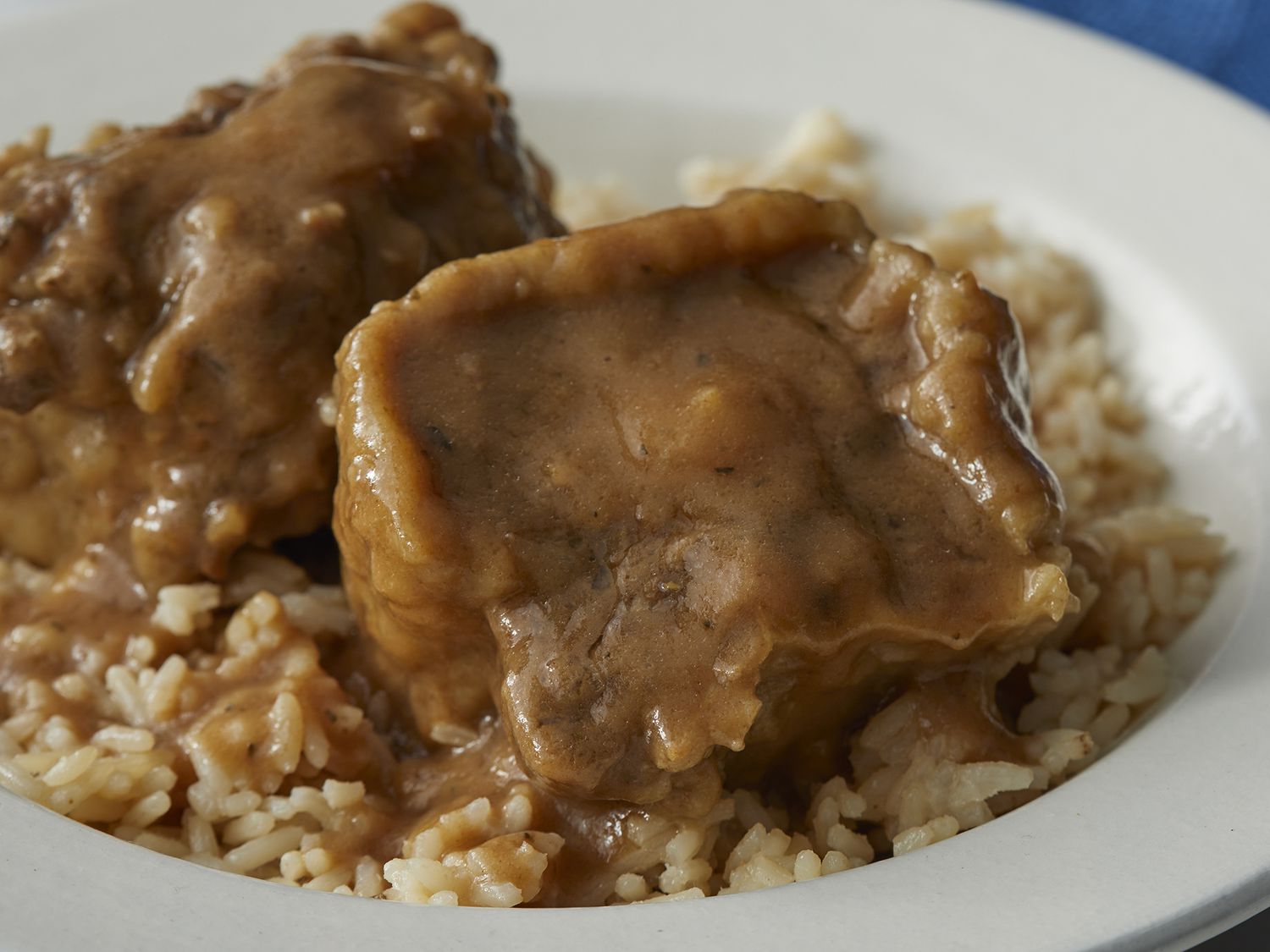Delicious and Nutritious: How to Enjoy Pomegranate Seeds
When it comes to enjoying a delicious and nutritious snack, pomegranate seeds are a fantastic choice. Not only are they bursting with flavor, but they also offer a wide range of health benefits. From their antioxidant properties to their high vitamin content, pomegranate seeds are a true superfood. If you’re wondering how to make the most of these tiny, jewel-like seeds, read on for some tips on how to eat pomegranate seeds in the most enjoyable and convenient ways.
1. Fresh Pomegranate
If you have a fresh pomegranate on hand, you can easily extract the seeds yourself. Start by cutting the pomegranate in half and then gently tapping the back of the fruit with a spoon to release the seeds. Once the seeds are removed, you can enjoy them as a standalone snack or add them to a variety of dishes, such as salads, yogurt, or oatmeal.
2. Pomegranate Juice
If you prefer to drink your pomegranate seeds, consider making fresh pomegranate juice. Simply blend the seeds with a bit of water and then strain the mixture to remove the pulp. The resulting juice is a refreshing and nutritious beverage that can be enjoyed on its own or used as a base for smoothies and cocktails.
3. Pomegranate Arils
If you’re looking for a convenient way to enjoy pomegranate seeds, consider purchasing pre-packaged pomegranate arils. These ready-to-eat seeds are perfect for snacking on the go and can also be sprinkled over desserts or added to savory dishes for a pop of color and flavor.
4. Pomegranate Molasses
Pomegranate molasses is a thick, syrupy reduction of pomegranate juice with a tangy and slightly sweet flavor. It can be used as a glaze for meats, a dressing for salads, or a flavoring for sauces and marinades. Incorporating pomegranate molasses into your cooking is a great way to add depth and complexity to your dishes while reaping the health benefits of pomegranate seeds.
5. Pomegranate Seed Extract
For those who want to enjoy the health benefits of pomegranate seeds without the hassle of extracting the seeds themselves, pomegranate seed extract supplements are available. These supplements are a convenient way to incorporate the nutritional value of pomegranate seeds into your daily routine, especially if you’re on the go or don’t have access to fresh pomegranates.
Whether you choose to enjoy pomegranate seeds fresh, in juice form, as arils, in molasses, or as a supplement, there are plenty of delicious and convenient ways to incorporate this superfood into your diet. With their vibrant color, sweet-tart flavor, and numerous health benefits, pomegranate seeds are a delightful addition to any meal or snack. So go ahead, indulge in these tiny, nutrient-packed gems and savor the goodness they have to offer!
More Delicious Ways to Enjoy Pomegranate Seeds
After mastering the art of eating pomegranate seeds, why not put your skills to the test with a variety of recipes that showcase this vibrant fruit? From salads to main dishes, there's a plethora of options to explore. For a refreshing start, try the Pomegranate and Spinach Salad which combines the crunch of fresh spinach with the juicy burst of pomegranate seeds. If you're in the mood for something heartier, the Pomegranate Glazed Chicken offers a perfect balance of sweet and savory, making it a must-try. For those who enjoy exploring different flavors, the Pomegranate Molasses Marinated Lamb Chops are a bold choice, rich in depth and taste. Each recipe provides a unique way to enjoy the delightful taste and health benefits of pomegranate seeds, making them perfect candidates for your next culinary adventure.
